
Roberto Carlos Rodriguez-Saona – Colloquial Spanish of Latin America
Colloquial Spanish of Latin America: The Complete Course for Beginners has been carefully developed by an experienced teacher to provide a step-by-step course to Latin American Spanish as it is written and spoken today.
Combining a clear, practical and accessible style with a methodical and thorough treatment of the language, it equips learners with the essential skills needed to communicate confidently and effectively in Latin American Spanish in a broad range of situations. No prior knowledge of the language is required.
Colloquial Spanish of Latin America is exceptional; each unit presents a wealth of grammatical points that are reinforced with a wide range of exercises for regular practice. A full answer key, a grammar summary, bilingual glossaries and English translations of dialogues can be found at the back as well as useful vocabulary lists throughout.
Key features include:
- A clear, user-friendly format designed to help learners progressively build up their speaking, listening, reading and writing skills
- Jargon-free, succinct and clearly structured explanations of grammar
- An extensive range of focused and dynamic supportive exercises
- Realistic and entertaining dialogues covering a broad variety of narrative situations
- Helpful cultural points explaining the customs and features of life in Latin America
- An overview of the sounds of Latin American Spanish.
Balanced, comprehensive and rewarding, Colloquial Spanish of Latin America is an indispensable resource both for independent learners and students taking courses in Latin American Spanish.
Audio material to accompany the course is available to download free in MP3 format from www.routledge.com/cw/colloquials. Recorded by native speakers, the audio material features the dialogues and texts from the book and will help develop your listening and pronunciation skills.
What is Hypnosis & NLP ?
Neuro-linguistic programming (NLP) is a pseudoscientific approach to communication, personal development, and psychotherapy created by Richard Bandler and John Grinder in California, United States, in the 1970s. NLP’s creators claim there is a connection between neurological processes (neuro-), language (linguistic) and behavioral patterns learned through experience (programming), and that these can be changed to achieve specific goals in life. Bandler and Grinder also claim that NLP methodology can “model” the skills of exceptional people, allowing anyone to acquire those skills. They claim as well that, often in a single session, NLP can treat problems such as phobias, depression, tic disorders, psychosomatic illnesses, near-sightedness, allergy, the common cold, and learning disorders. NLP has been adopted by some hypnotherapists and also by companies that run seminars marketed as leadership training to businesses and government agencies.
There is no scientific evidence supporting the claims made by NLP advocates, and it has been discredited as a pseudoscience. Scientific reviews state that NLP is based on outdated metaphors of how the brain works that are inconsistent with current neurological theory and contain numerous factual errors. Reviews also found that all[dubious ] of the supportive research on NLP contained significant methodological flaws and that there were three times as many studies of a much higher quality that failed to reproduce the “extraordinary claims” made by Bandler, Grinder, and other NLP practitioners.
Roberto Carlos Rodriguez-Saona – Colloquial Spanish of Latin America
Readmore About : Roberto Carlos Rodriguez-Saona





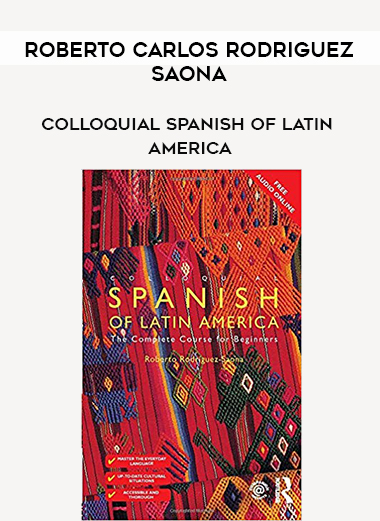
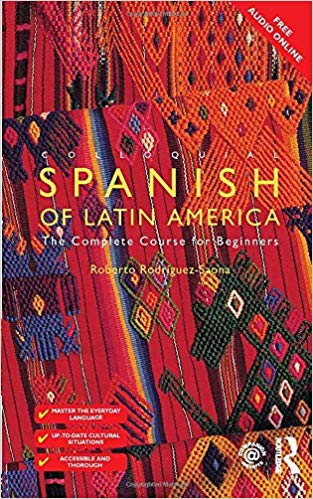
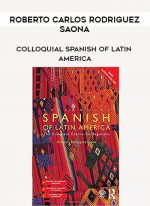
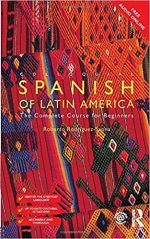






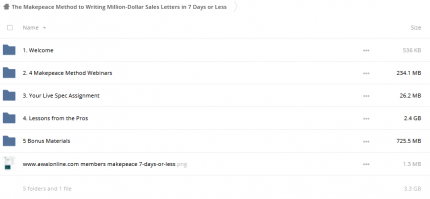
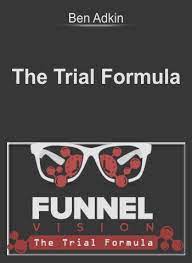




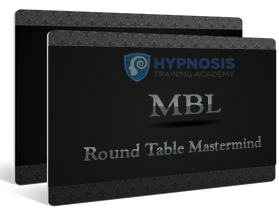

















Reviews
There are no reviews yet.